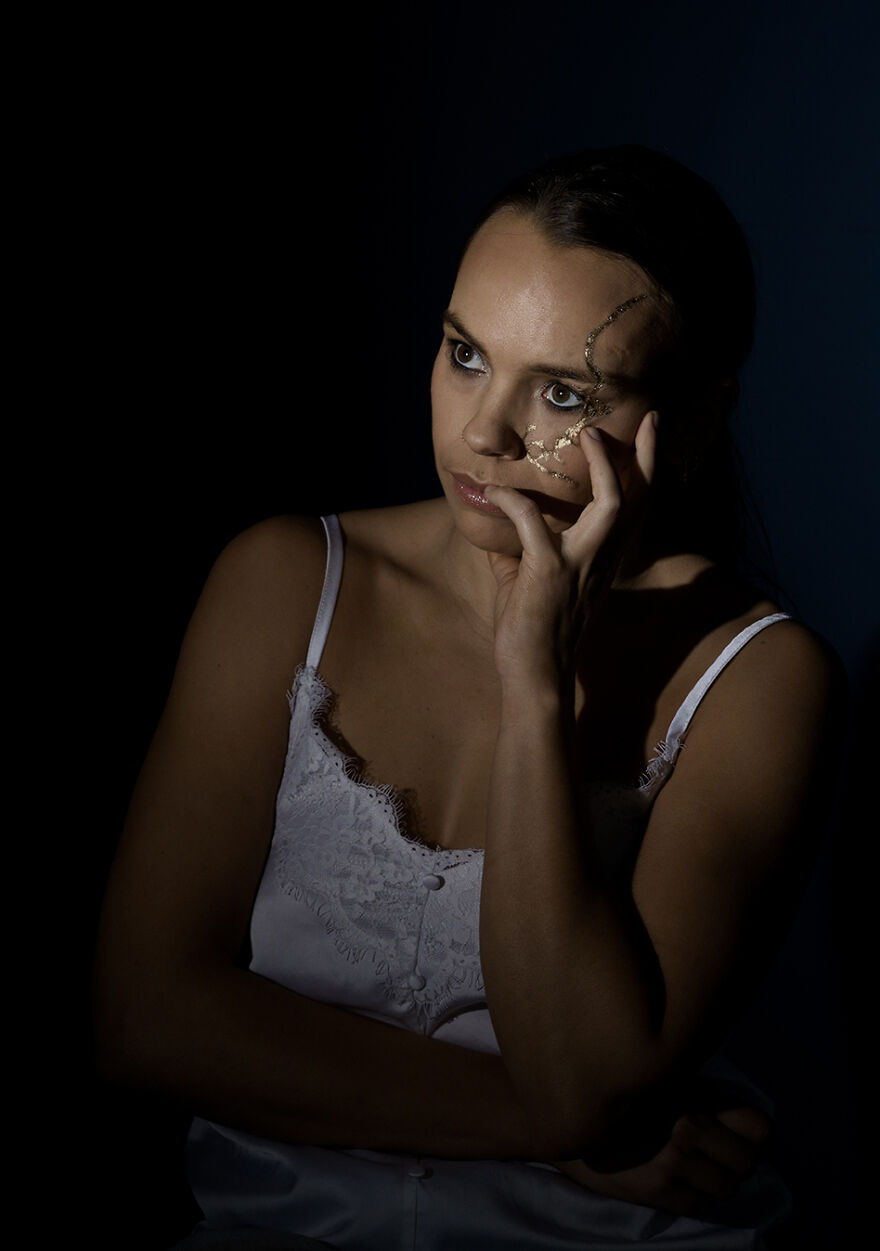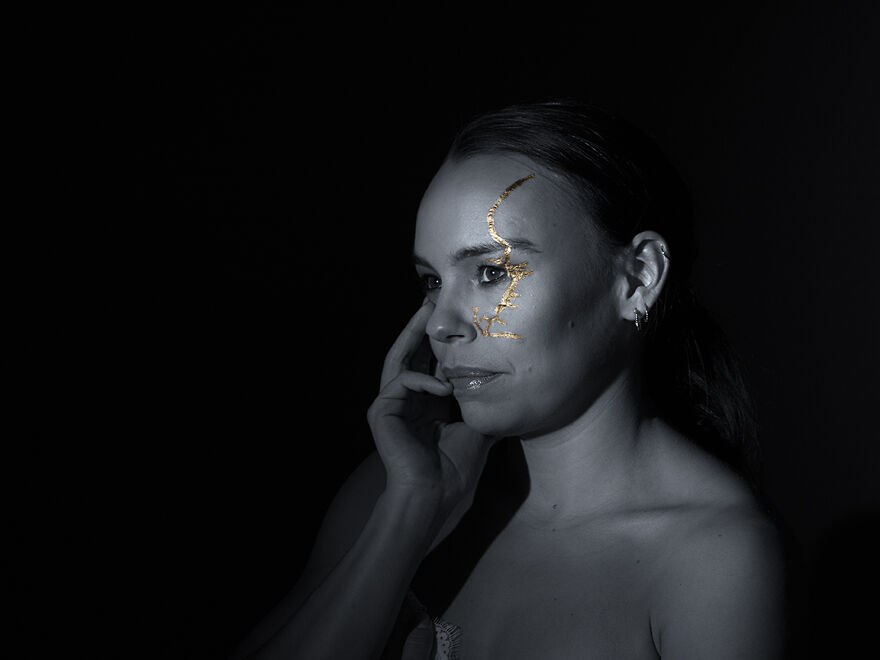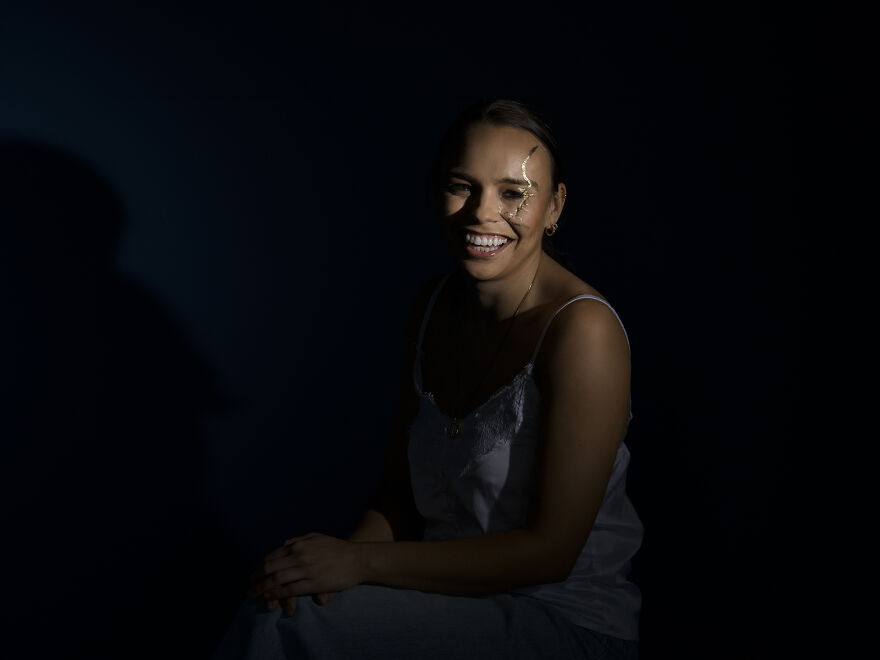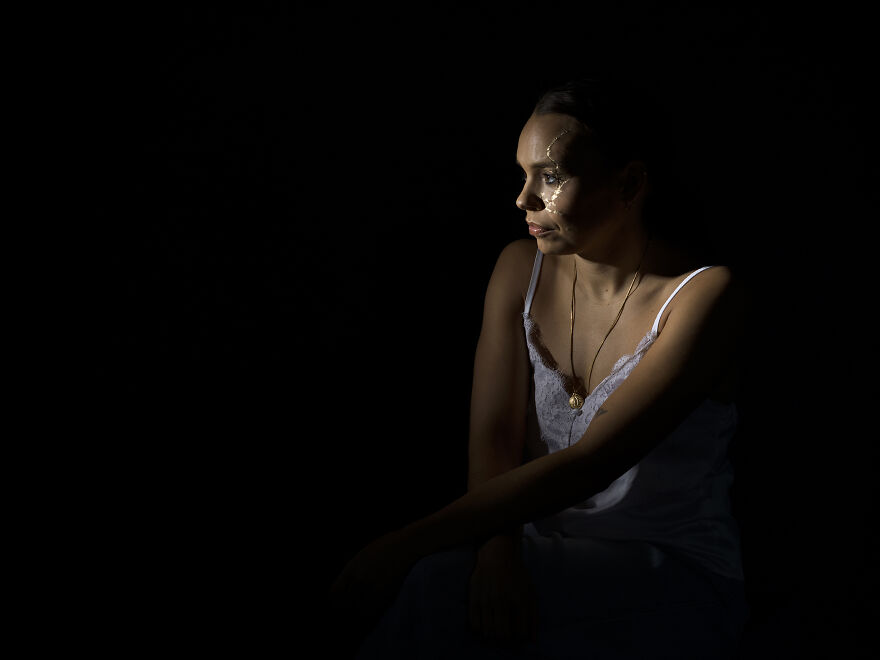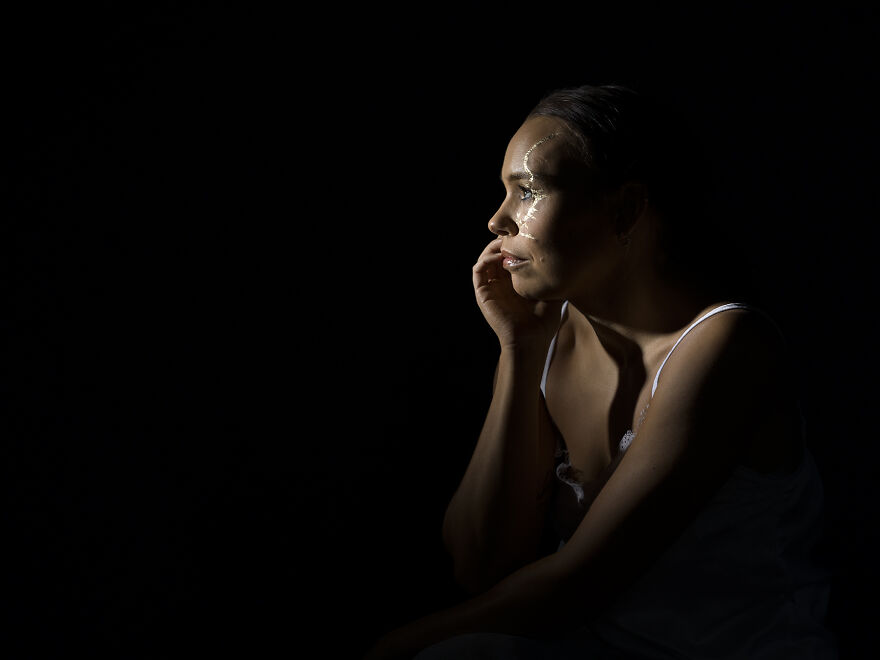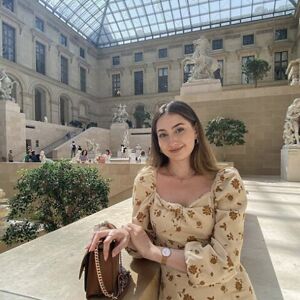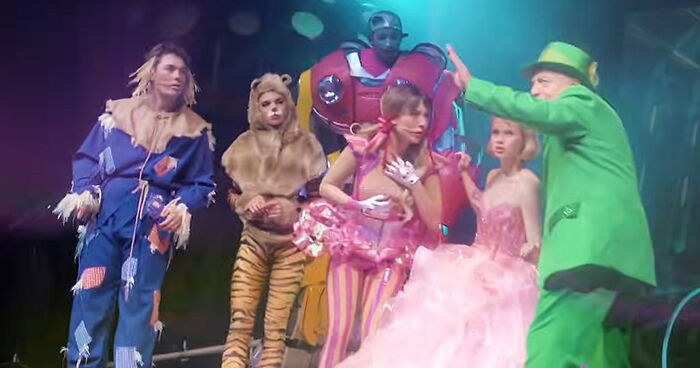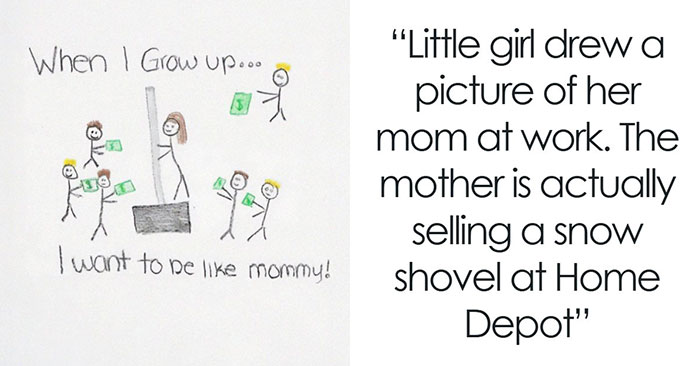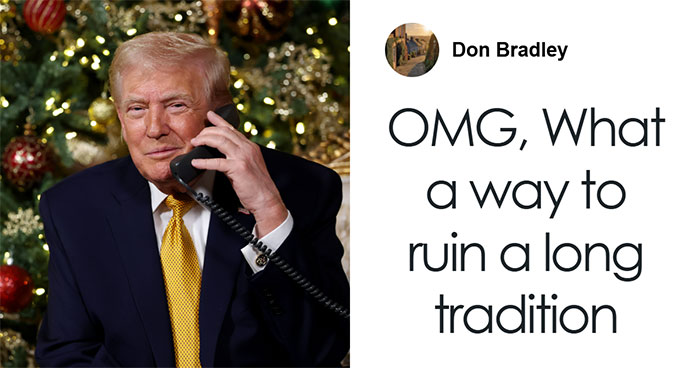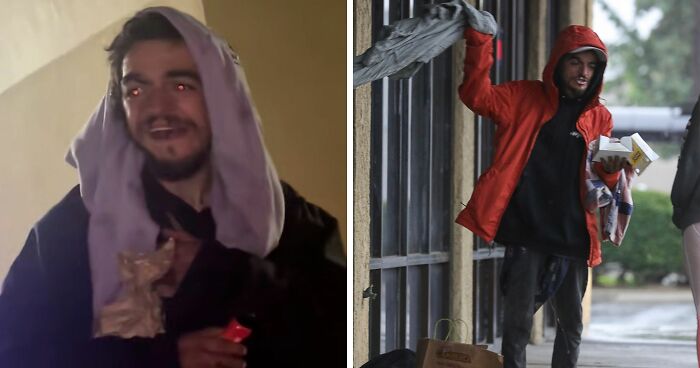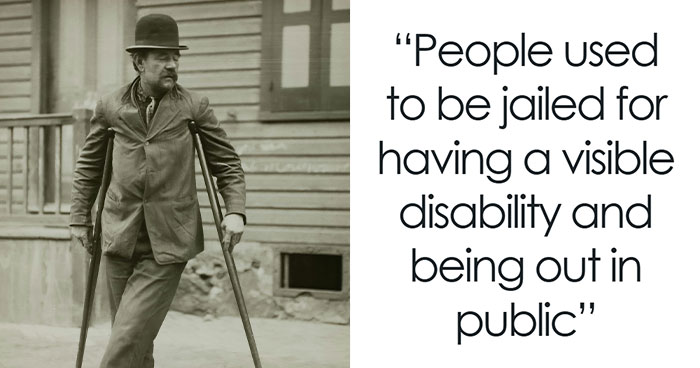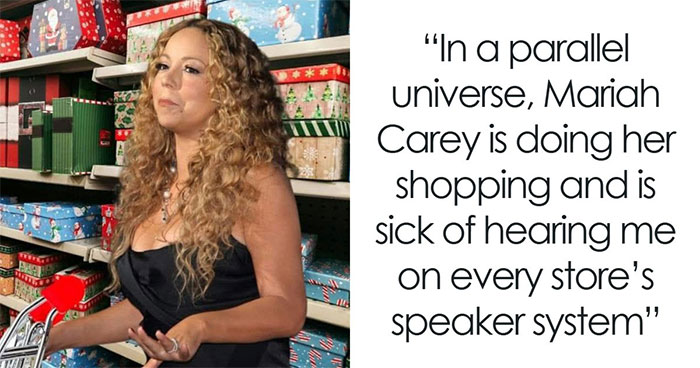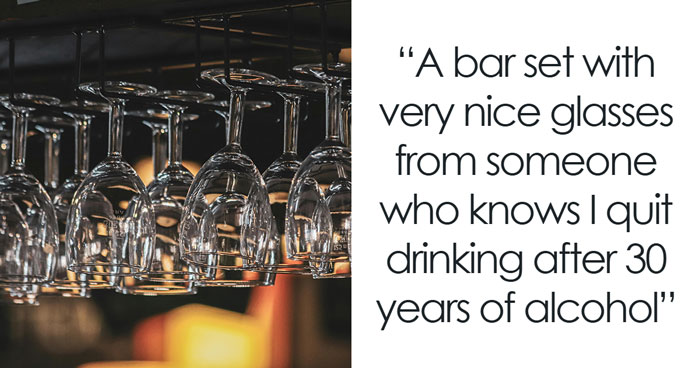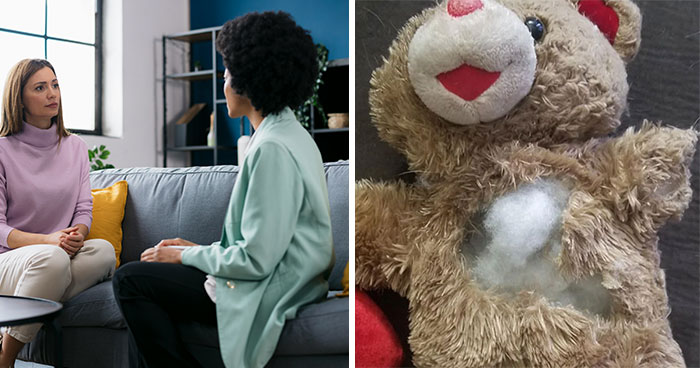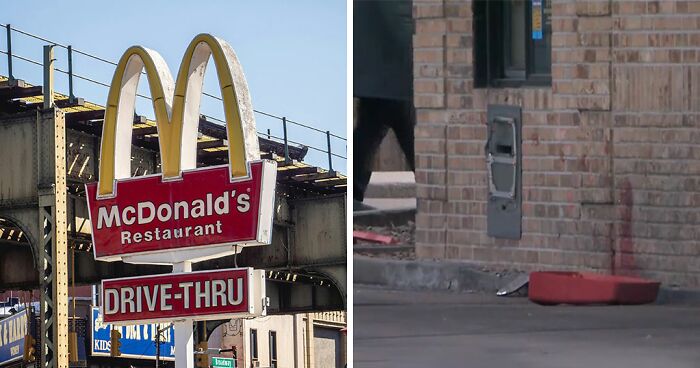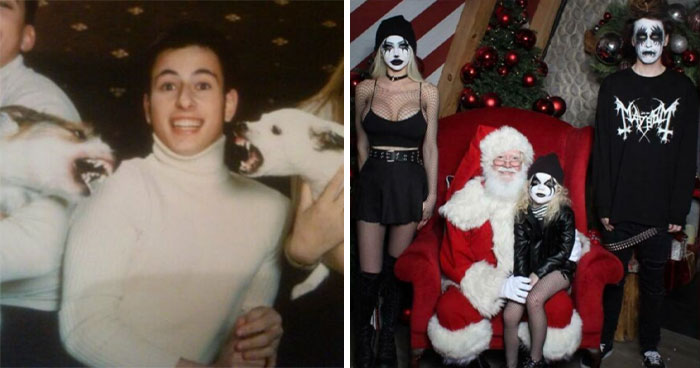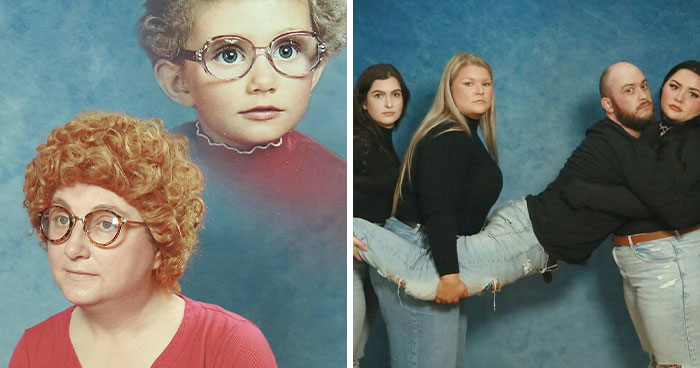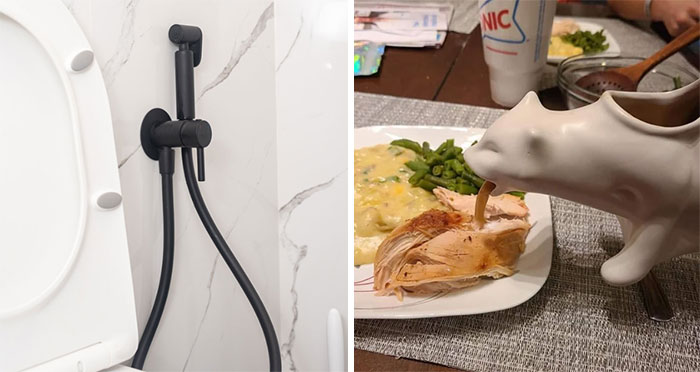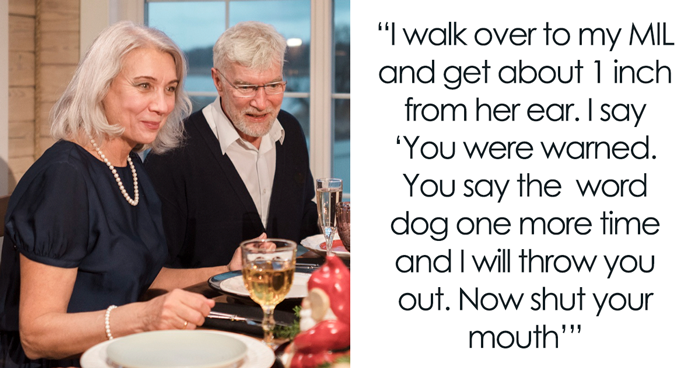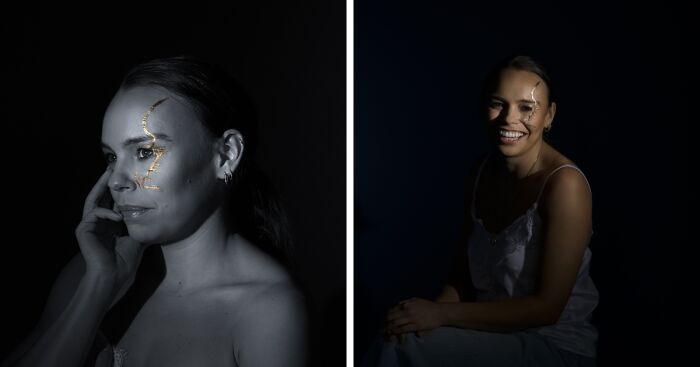
Kintsugi Beauty: Celebrating The Beauty Of Scars And Imperfections In Photography
In a world increasingly driven by image-consciousness and ideals of physical perfection, embracing flaws and imperfections has become a profound act of self-love and acceptance. As Halloween approaches, there is a growing trend of people using makeup and prosthetics to mimic scars and disfigurements as part of their costumes. This not only perpetuates stigmatization but also trivializes the very real and often painful experiences of those with scars. In response, I created Kintsugi Beauty by photographing Phyllida Swift, CEO of Face Equality International.
More info: samebutdifferentcic.org.uk
This post may include affiliate links.
Kintsugi, or “golden joinery,” is a Japanese art form that repairs broken pottery with gold, representing a perfect metaphor for celebrating the beauty in our physical and emotional scars. It is an ancient Japanese art form that involves repairing broken pottery by mending the pieces together with a special lacquer mixed with powdered gold, silver, or platinum. The philosophy behind Kintsugi is to emphasize the beauty of imperfections and the idea that something that has been broken and repaired can become even more beautiful and valuable.
Kintsugi Beauty is a contemporary response to the Halloween trend of mimicking scars with makeup and prosthetics. Instead of trivializing scars, these portraits celebrate them as unique elements that contribute to a person's story and character. Just as Kintsugi treats each crack in pottery as a unique story, Kintsugi Beauty embraces scars as marks of strength, resilience, and individuality. Each scar tells a story of survival, healing, and personal growth. In these photographs, scars are not hidden but proudly displayed, honoring Phyllida’s journey.
Phyllida was in a car accident in 2015, aged 22, while traveling in Ghana. She sustained significant facial scarring after undergoing four surgeries on her face. She has set out to reshape the public narrative on scars through campaigning for face equality, embracing facial difference as something beautiful to be proud of, as opposed to a mark of villainy or vulnerability as we so often see across media. As the CEO of Face Equality International, Phyllida aims to position face equality as a social justice issue by campaigning to end the stigma and discrimination experienced by the facial difference community.
“Halloween is an incredibly difficult time for many of us with facial differences when our faces are mimicked as costumes that can be taken off at the end of the night. Children are told our faces are ‘scary’ or that we’re monsters not worthy of dignity. I want to live in a time where this toxic narrative ends, where our value as humans is no longer derived from our appearance, and where unrealistic beauty standards are no longer reinforced by companies and media platforms that profit from othering an entire community.”
I have approached this photography project with the aim of turning Phyllida's scars into luminous pathways that guide the viewer's gaze to the individual's strength rather than their vulnerabilities.
I have a son who has a rare disease, which means he has a facial difference. All too often, people have judged him by his appearance and jumped to conclusions. I wanted to create a project that celebrated differences and highlighted beauty, empowering individuals to feel confident in their own skin, regardless of societal pressures and beauty standards. By displaying their scars in a striking and artistic manner, they reclaim their narrative and redefine beauty on their own terms. Through Same but Different, which uses the arts for positive social impact, we believe in giving people a stronger platform. What better time than now to highlight beauty in this way?
Halloween costumes that mimic scars often perpetuate stereotypes and stigma. Kintsugi Beauty, on the other hand, challenges these stereotypes by presenting individuals with scars as empowered, beautiful, and whole, thus encouraging a shift in societal perceptions. It reminds us that true beauty lies in our uniqueness and the stories etched into our skin.
You are beautiful, and to me, the scar adds to your beauty, not detracts from it. Your scar tells me that you're a survivor. Be proud of your battle wound. 😁😁✌️

 Dark Mode
Dark Mode 

 No fees, cancel anytime
No fees, cancel anytime 






